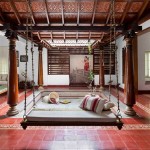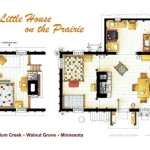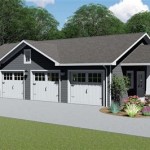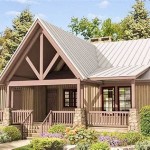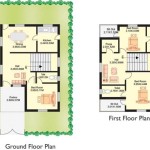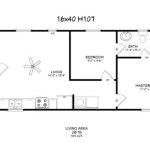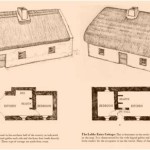Essential Aspects of Arabic House Plans Designs
Arabic house plans designs are renowned for their intricate detailing, geometric patterns, and harmonious blend of traditional and modern elements. Understanding the essential aspects of these designs is crucial for creating spaces that embody the rich culture and heritage of the region.
1. Courtyard DesignCourtyards, or "hawsh," are a central feature in Arabic house plans. These open spaces provide natural light and ventilation, creating a cool and inviting atmosphere. Courtyards often feature water elements, such as fountains or pools, to enhance the sense of tranquility and serenity.
2. Geometric PatternsGeometric patterns are ubiquitous in Arabic architecture. From intricate tilework to elaborate plasterwork, these patterns add visual interest and create a sense of unity throughout the home. Common geometric motifs include stars, hexagons, and octagons, which symbolize harmony and perfection.
3. MashrabiyasMashrabiyas are intricately carved wooden screens that are placed over windows and balconies. They provide privacy while allowing airflow and natural light to enter the home. Mashrabiyas are often adorned with geometric patterns and floral motifs, adding a touch of elegance to the exterior.
4. Natural MaterialsArabic house plans emphasize the use of natural materials, such as stone, wood, and marble. These materials create a warm and inviting ambiance while also providing durability and longevity to the home. Terracotta tiles, for example, are often used for flooring due to their heat-resistant properties.
5. Symmetrical LayoutsSymmetry is a key principle in Arabic architecture. The layout of rooms, courtyards, and entrances is often arranged in a symmetrical manner to create a sense of balance and order. This symmetry extends to the interior design, with furniture and décor arranged in a harmonious fashion.
6. MuqarnasMuqarnas are elaborate honeycomb-like vaulting systems that are a hallmark of Islamic architecture. They create a visually stunning effect and add a touch of grandeur to the interior. Muqarnas can be found in domes, arches, and other architectural elements.
7. Water FeaturesWater is considered a symbol of life and purity in Arabic culture. Therefore, water features are commonly incorporated into Arabic house plans. Fountains, pools, and water channels create a soothing and refreshing atmosphere while also enhancing the overall ambiance of the home.
ConclusionArabic house plans designs are a testament to the rich artistic tradition and cultural heritage of the region. By understanding and incorporating the essential aspects of these designs, architects and homeowners can create spaces that embrace both tradition and modernity, while providing comfort and tranquility for generations to come.

Arabic Libyan Home Plan Square House Plans With Photos Design Floor

Arabia 2214 1049 3 Bedrooms And 2 5 Baths The House Designers

Arabic Home Plan House Plans Moroccan Style Architecture Design

Arabic Villa Pencil On Trace Photo Moroccan House Plan Design Styles

Floor Plans Villa Lifestyle Arab Arch Arabic House Design Duplex

Pin By هزاع On مخططات معمارية Luxury House Plans Mansion Home Design Floor

23 רעיונות של Arabic House Plans

Traditional Arabic House Design Comelite Architecture Structure And Interior Arco

Arabic House Plan And Section Architecture Design Sketch Scenic

Modern Arabic Villa Architectural Design Comelite Architecture Structure And Interior Arco
Related Posts

